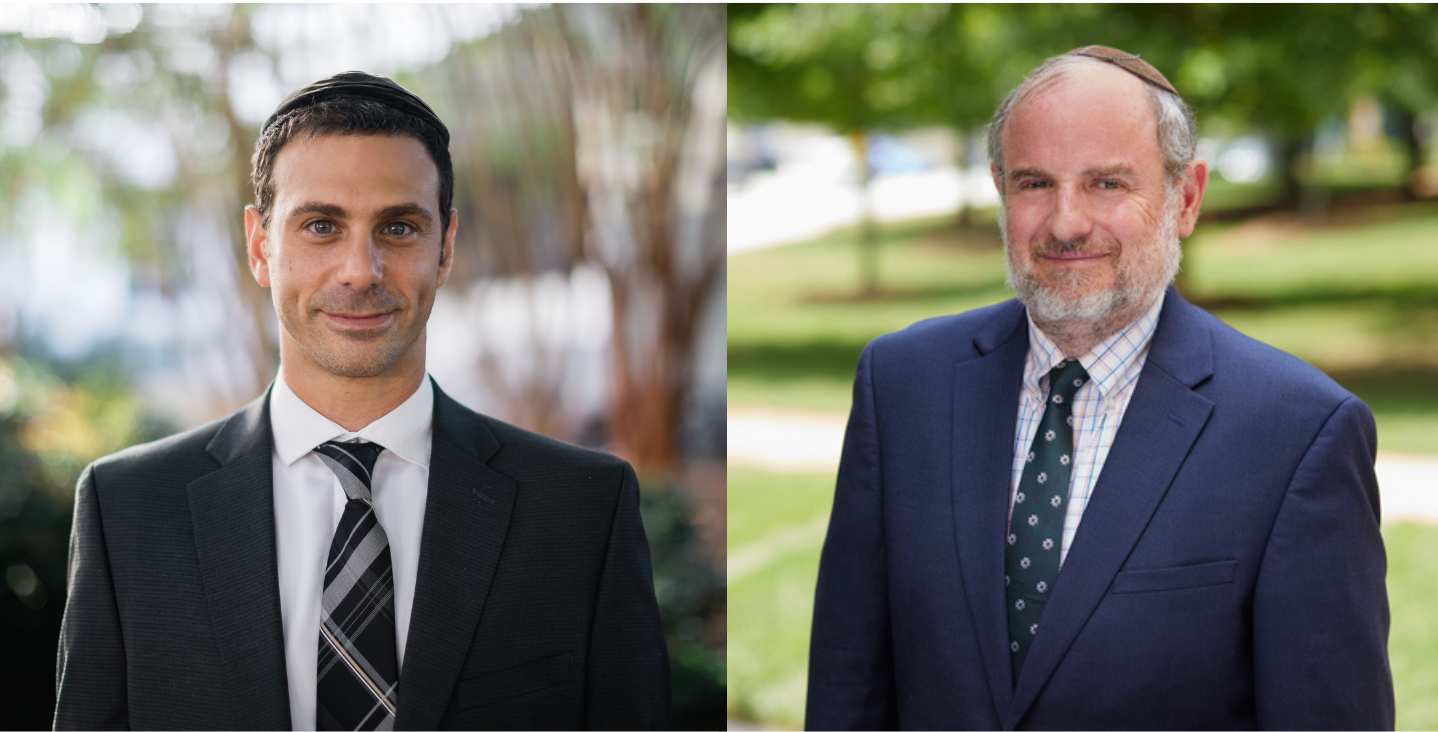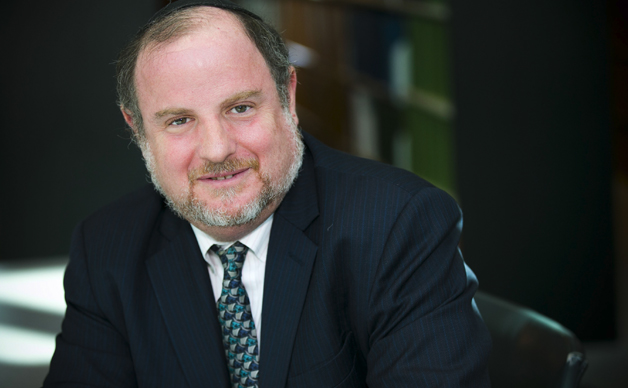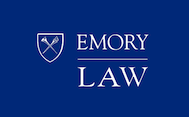
Michael J. Broyde: News Releases and In the News


Broyde on balancing faith and inclusion in the federal workplace

Broyde: OPM memo on proselytizing walks fine faith-inclusion line

Broyde: Ruling on New York school evaluations may serve as model

Broyde: SCOTUS won't tolerate 10 Commandments display in public schools

Broyde: Teaching the Bible as literature, not religion, may be constitutional

Broyde: 3 reasons why Alito's flag displays don’t merit recusal

Broyde: It's OK for GA judicial candidates to air views on abortion

Broyde: Fund private education through direct aid, not tax credits

Broyde: Trump's immunity is an open question

Broyde on new SCOTUS code of conduct

Broyde: There’s an easy solution for SCOTUS ethics problems

Broyde: Israel needs a written constitution

Broyde: SCOTUS recusal decisions need judicial review

Broyde, Holbrook: Amend the Constitution to protect marriage equality

Broyde: In Scientology case, 'faith can't abrogate a contract’'

Broyde debunks claim that rabbinical court forbids child vaccinations

Center for the Study of Law and Religion receives gift from The MirYam Institute for ethics, leadership development
CSLR has received a $1.8M charitable gift from the MirYam Institute to fund a new program called The MirYam Project in International Ethics & Leadership: Law, Religion, Health & Security.

SCOTUS: Religious freedom during a pandemic
Three different times during the pandemic the United States Supreme Court stayed enforcement of limits on worship services. The last one was Tandon v. Newson, when the United States Supreme Court stayed the enforcement of yet another of California’s limits on worship services during the pandemic. In many ways, the Supreme Court’s decision was not surprising as it had done the same in a New York case nearly five months earlier and a different California case only two months prior.

Justice Breyer: Don't retire, Broyde says
Calls by some Democrats for Supreme Court Associate Justice Stephen Breyer to retire are unwarranted, Emory Law Professor Michael Broyde says. "There is no reason for Justice Breyer to resign, and there are good reasons for him to continue doing the excellent job he is doing," he writes in an op-ed for CNN.

Broyde: The case for Ginsburg to recuse herself
"In this untraditional era, Mr. Trump has ignored decades of ethical norms. But is it a good idea for Justice Ginsburg to follow his lead?" Professor Michael Broyde writes for the Wall Street Journal on why Ruth Bader Ginsburg should recuse herself. "Unlike Sotomayor, she has shown bias against Trump by publicly characterizing him as unfit for office," the opinion piece says.

Broyde offers six steps to deal with abuse investigations
"The problem of sexual abuse against children in our community is a stubborn one," Emory Law Professor Michael Broyde writes in a column for The New York Jewish Week. "The truth regarding this is very complex--addressing it requires nuance and complexity, and not merely good wishes and love. No one wants abuse to occur, and we all want to preserve what is valuable in the Jewish educational system." Broyde offers six policy points to move forward when abuse is investigated.

Broyde wins Fulbright to Study Religious Arbitration
Michael Broyde, CSLR Fellow and Professor of Law at Emory, has won a Fulbright award to spend the 2018-2019 school year at Hebrew University in Israel, studying religious arbitration in diverse western democracies.

Was Trump morally justified in Syrian strikes? Yes, Broyde tells CNN
Was President Donald Trump morally justified in launching 59 Tomahawk missiles at a Syrian air base in response to Syrian President Bashar Al-Assad's chemical attack on his own citizens? CNN asked experts from five faiths. Emory Law Professor and Rabbi Michael Broyde responded: "As I understand the facts, Trump struck a military target directly connected to the gas attack. To the extent that there is ever a situation in which military force is proper and appropriate, from a Jewish legal and ethical standpoint, it is to defend civilians against just such an attack. Attacking the airfield is the most ethically defensible thing to do."

Broyde for CNN: Obama should nominate Posner for Supreme Court
President Barack Obama has several options when nominating the next U.S. Supreme Court justice, Emory Law Professor Michael Broyde writes for CNN. But 7th U.S. Circuit Judge Richard Posner is "the Michael Jordan of law," Broyde says. "The President should appoint a leading legal mind at the end of his career. Posner is a leading intellectual light of the past half-century in law."

SCOTUS: Emory Law faculty analysis of the 2014 term
Members of the Emory Law faculty provide their analyses of the Supreme Court's 2014 term decisions.

Emory Law conference addresses legal, ethical end-of-life issues
A March 5 conference at Emory Law will address what is often the most emotionally fraught and expensive periods of medical care: the end of life.